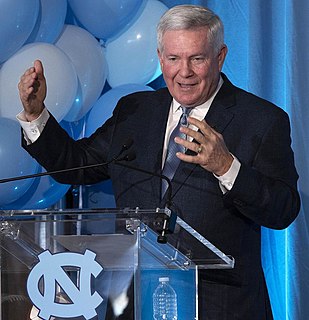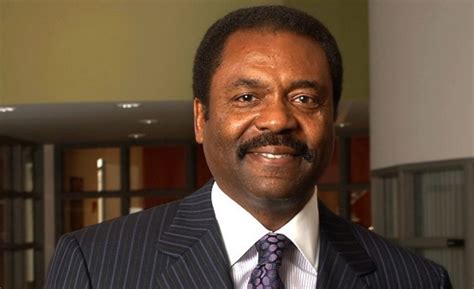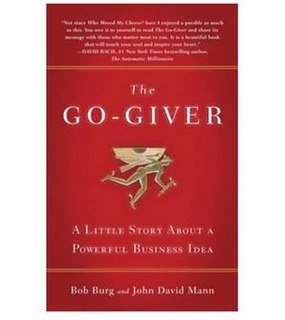A Quote by Constance Wu
Listening to an underserved population is how you begin to understand them and serve them better.
Quote Topics
Related Quotes
The fruit of humanity is devotion to one's parents. The fruit of righteousness is to respect one's elders. The fruit of wisdom is to understand these two and not to betray them. The fruit of propriety is to regulate and polish them. The fruit of music is the joy that comes from rejoicing in them. When one rejoices in them, they grow. When they grow, how can they be stopped? And when they cannot be stopped, unconsciously one's feet begin to dance and one's arms begin to wave.
They're human beings before they're footballers and it's important to understand how can I help them. What do they need? How can they feel part of this? How can they feel they're improving in their career, because my job is to help them get better, play better football, earn a better contract, whatever it is.
Long before I wrote stories, I listened for stories. Listening for them is something more acute than listening to them. I suppose it’s an early form of participation in what goes on. Listening children know stories are there. When their elders sit and begin, children are just waiting and hoping for one to come out, like a mouse from its hole.
If we wait for some people to become agreeable or attractive before we begin to love them, we will never begin. If we are content to give them a cold impersonal 'charity' that is merely a matter of obligation, we will not trouble to understand them or to sympathize with them at all. And in that case we will not really love them, because love implies an efficacious will not only to do good to others exteriorly but also to find some good in them to which we can respond."
Every time I think that political analysts and writers will finally recognize that most of them don't understand much about political polls, they prove me wrong. They don't know how to read them; they don't understand the importance of cross tabs within a given poll, and they don't know how to analyze them.




































